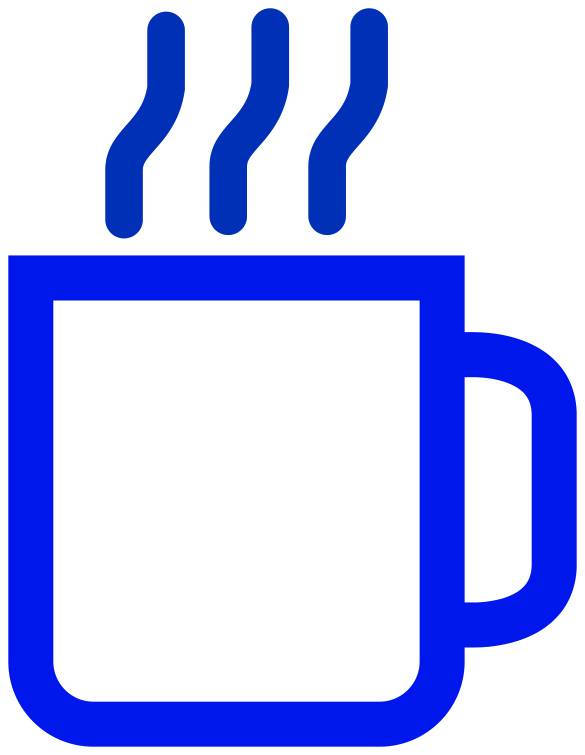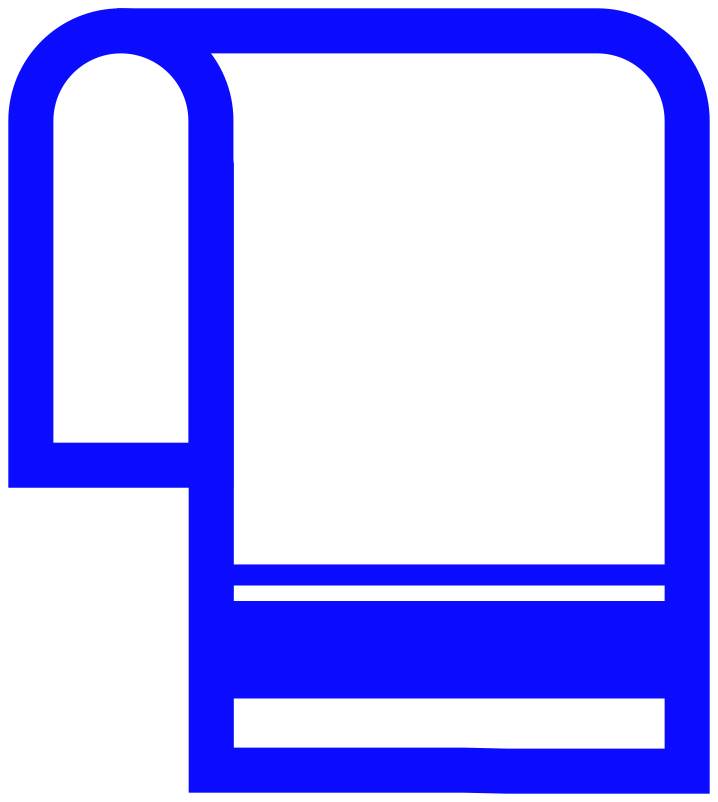5 Items to Reuse at Work
Ways to embrace the overshadowed part of “reduce, reuse, recycle”

Katie Kross has two mugs that she uses during her work day.
One, for morning coffee, features the Duke Energy Initiative logo. The other, for afternoon tea, is from the Moosewood Restaurant in Ithaca, New York.
“It’s well-loved,” said Kross, managing director for the Center for Energy, Development and the Global Environment at the Fuqua School of Business, of the Moosewood mug. “The font is fading, and the moose picture has almost vanished.”
While mugs are part of her daily ritual, they’re also tangible signs of her commitment to sustainability.
The most common advice for living greener is to “reduce, reuse and recycle.” The goal is to lessen the amount of waste created by limiting the use of – or giving a second-life to – things you use.
While recyclable items are common in homes and offices, the manufacturing, transportation and low recycling rates of them has large environmental effects. Reusing objects is a more sustainable option because it saves money and natural resources.
“The most efficient use of our resources is to have one product and use it over and over again,” Kross said.
Coffee mug
Making a reusable coffee cup part of your workspace may seem like a small step, but the environmental impact of disposable cups is big: Globally, an estimated 600 billion are distributed annually according to the International Coffee Organization. Most types of disposable hot beverage cups aren’t recyclable due to either plastic liners or contact with coffee.
Water bottle
Instead of disposable plastic bottles – only 29 percent of which get recycled by American consumers according to the Environmental Protection Agency – reusable bottles are popular alternatives. However, people lose them, forcing a new purchase. If you’re going to carry a reusable bottle, keep track of it.
“If you’re replacing it every couple of months, it defeats the purpose. You’re still using a lot of materials to create those bottles,” said Rebecca Hoeffler, program coordinator for Sustainable Duke.
Cloth towel
If water bottles and coffee mugs are regular parts of your work environment, odds are that spilled liquids are, too. If so, Hoeffler recommends keeping a small towel stashed in your workspace that can be used in place of paper towels.
“I usually have one in my purse or at my desk,” she said.
Food container
If you bring lunch from home, reusable containers and utensils make the meal greener.
“That just helps build a habit and a relationship with reusability,” Hoeffler said.
Scrap paper
Kross and Hoeffler keep containers for discarded paper in their workspace. Sheets get used to jot down notes or, for Kross, brought home for her children’s art projects.
“It’s a running joke in our family, whenever my kids draw a picture, there’s usually something printed on the back,” Kross said.
Have a story idea or news to share? Share it with Working@Duke.